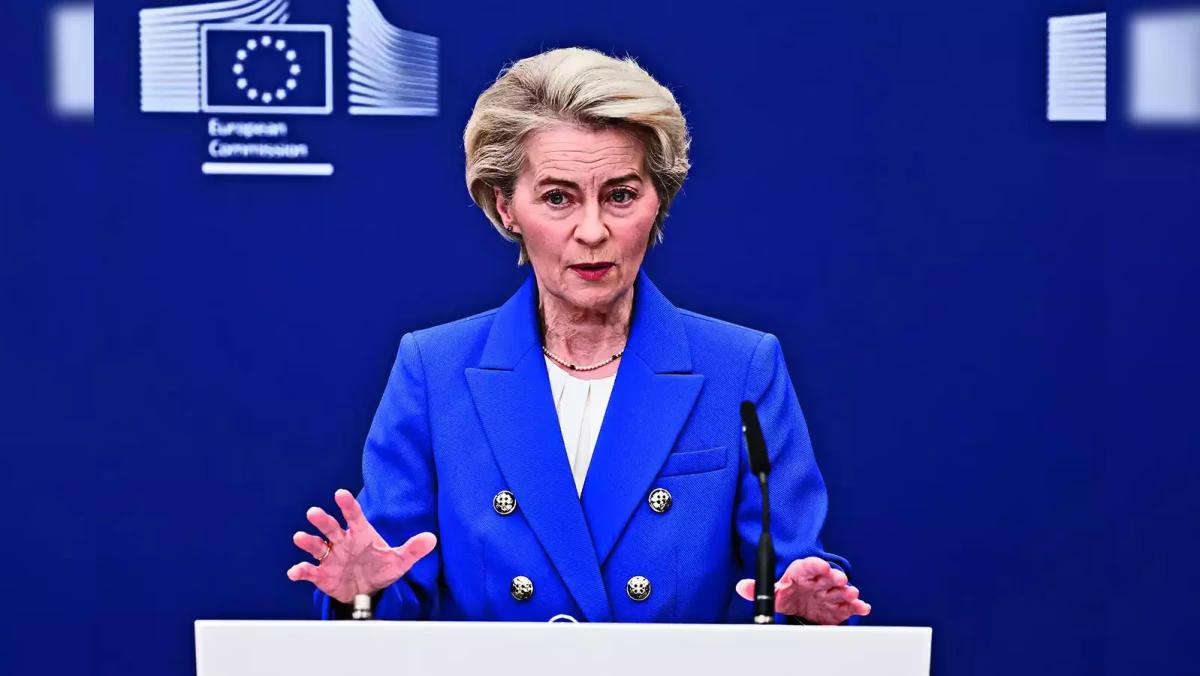Lucknow: With regional parties in Uttar Pradesh raising the issue of caste census, the 'Mandal' brand of politics is all set to return to the Hindi heartland after almost three decades.
The regional parties, namely, the Samajwadi Party which is the main opposition party in UP, have sensed that denting the Bharatiya Janata Party is a near impossible task in 2024 since, by then, the Ram temple would be ready and the BJP's Hindutva plank would be reinforced like never before. State chief minister Yogi Adityanath has already given a peek into the 2024 poll issues when he recently said that the election would be 80 versus 20 -- 80 being Hindus and 20 being the minorities.
The Samajwadi Party has now played the caste census card to change the arithmetic to 85 versus 15 -- 85 being the OBCs and Dalits and 15 being the upper castes.
The Central government's recent disapproval of a demand for a national caste census has only made the SP play the caste card with a vengeance and put the BJP in the dock.
The BJP believes that any such exercise would inflame caste-based social and political sentiments and harm the Hindutva-nationalist project. Caste has always been an intrinsic component of Indian democracy.
As a veteran BJP functionary puts it, "One's caste can control access to political power, land, and police or judicial assistance. Castes also tend to influence local politics by being local to certain areas. A caste census may increase caste feelings in some people and that may lead to clashes, especially in villages where maintaining anonymity is difficult. Political parties will then tend to represent the interests of specific castes and the inclusiveness of policy making will be lost."
On the other hand, the Samajwadi Party believes that an enumeration of the OBCs in a caste census will provide hard data about their numerical strength in different states. These numbers will be utilised further to examine the share of the OBCs in different state institutions.
"It is obvious that most of the sectors of power, such as the judiciary, educational institutions and the media, are controlled and monopolised by the social elites, giving the Dalit-Bahujan groups just a minuscule presence. A caste census will provide the socio-economic nuances of the OBC population and will show that their representation in different institutions is not according to the size of their population. With the acknowledgement of such a precarious social fact, a new political consciousness will emerge amongst the socially marginalised groups, forcing them to initiate a new movement for social justice," said a SP leader.
Interestingly, giving an impetus to backward politics, Uttar Pradesh's deputy Chief Minister Keshav Prasad Maurya, in an unexpected turn of events, has backed the opposition demand for a caste census -- a move that is now being viewed by analysts as a ploy to undercut the opposition plan to corner the ruling Bharatiya Janata Party (BJP) on the issue.
"I am all for it," Maurya said, adding, "neither me, nor my party are in opposition on the subject."
However, he had no answer why Uttar Pradesh has not yet followed the Bihar example, where a caste census has been announced. The SP, which is playing a proactive role on the issue, said, "By supporting the caste census demand, the BJP's deputy CM Keshav Prasad has now raised questions about his own party's governments at the Centre and in UP. Now, will Yogi say when, like Bihar, caste census would be ordered in UP?"
The Samajwadi Party has also been using its non-Yadav OBC face Swami Prasad Maurya to connect with the Backwards and the Dalits by raising the issue of the alleged insult to the Backwards in the Hindu epic 'Ramcharitmanas' and simultaneously flagging the demand for a caste census.
The party has shrewdly linked the caste factor with religion and hopes to strike it rich.
Political analysts feel that in such a discourse, the BJP will surely be marginalised and its 'Hindu First' card may not work in the maze of casteism.
A caste-based census could go a long way in bringing a measure of objectivity to the debate on reservations.
According to the Rohini Commission, which was formed to look into equitable redistribution of the 27 per cent quota for OBCs, there are around 2,633 castes covered under the OBC reservation.
Some castes have different names in different places, and some castes are pronounced differently. In total there are 3,000 castes and 25,000 sub-castes in India, each related to a specific occupation.
There have been demands for the release of the caste census data from the Census of 2011.
However, the most important argument in the news reports against the release of the caste census data and the use of caste as a census category is that such data will further create caste divides and be used for divisiveness by political parties.
The BJP, therefore, is holding it back to prevent "divisiveness that goes against the nationalist currents." —IANS






















